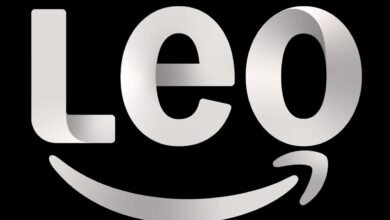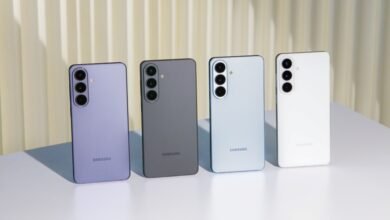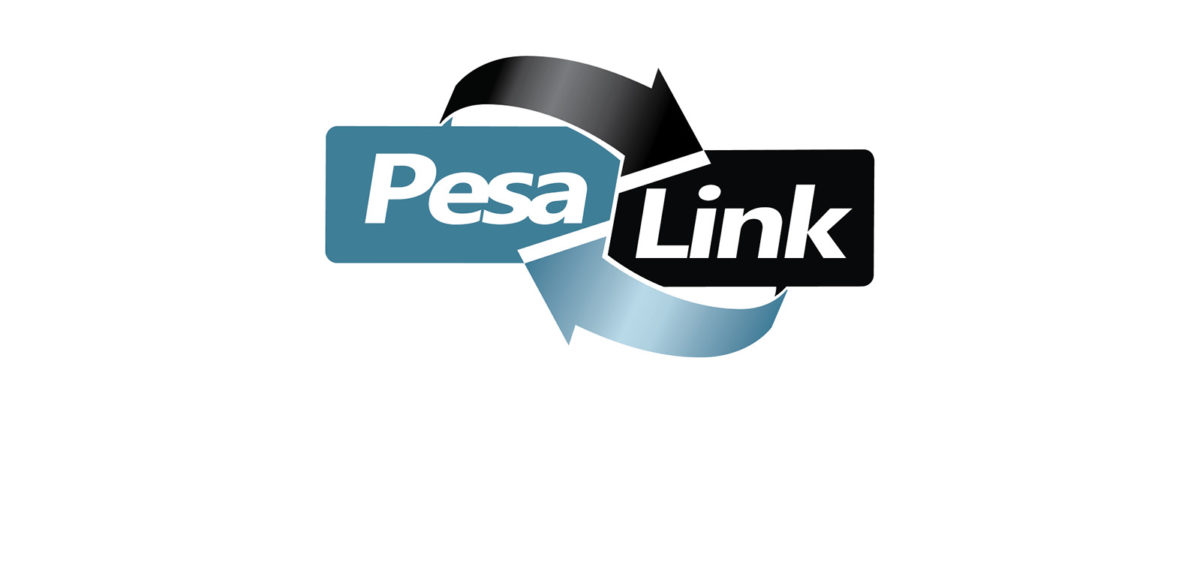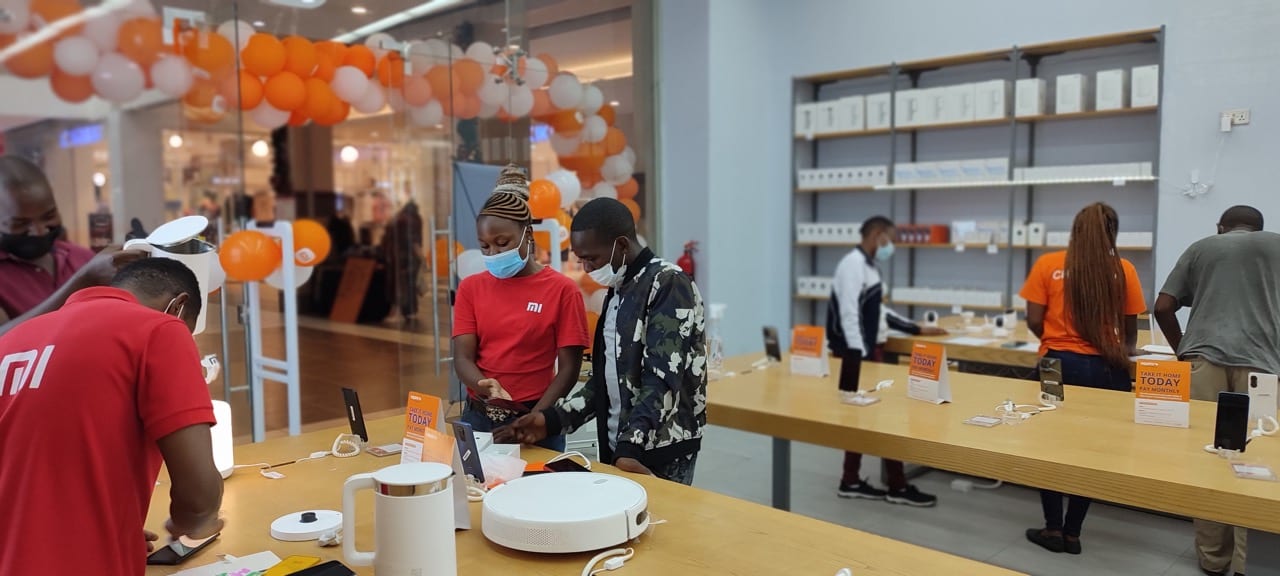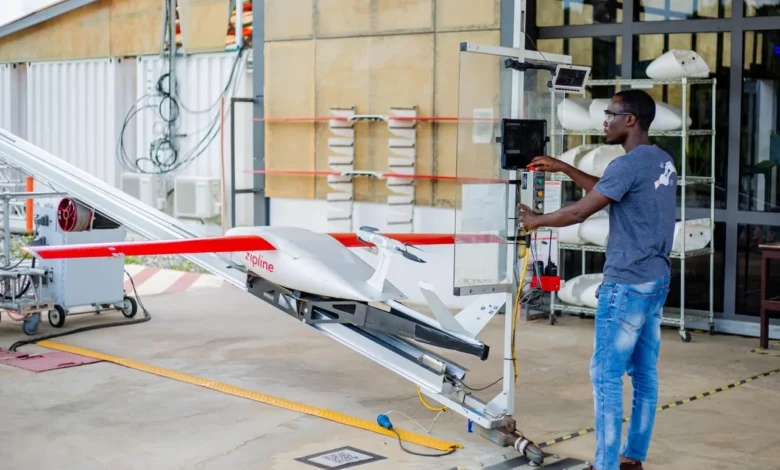
The United States Department of State has announced a $150 million (approx. KES 19.5 billion) financing vehicle for Zipline, aimed at scaling the company’s autonomous drone delivery infrastructure across Africa.
However, this isn’t a standard lump-sum foreign aid grant. Under what the State Department calls a “pay-for-performance” model—the first of its kind for the department—the funds come with strings attached. The capital will only be released when partner African governments sign expansion contracts and strictly commit to covering ongoing operating costs.
The structure is designed to enforce sustainability, ensuring that once the US funding builds the initial infrastructure, local public health systems are already on the hook to keep the drones flying, rather than the project collapsing once foreign aid dries up.
The Scale of Expansion
Currently, Zipline operates effectively as a regional logistical patch for rural healthcare, delivering blood, vaccines, and medical supplies. This new funding aims to shift that model from regional to national.
If the expansion targets are met, Zipline’s footprint would triple to serve 15,000 health facilities, theoretically reaching a population of over 130 million people. The company projects this scale could generate up to $1 billion (approx. KES 130 billion) in annual economic gains by smoothing out the logistical bottlenecks that often paralyse supply chains in the region.
The participating nations—including Ghana, Rwanda, Nigeria, Kenya, and Côte d’Ivoire—already utilise Zipline regionally. This deal is the catalyst meant to push them toward full nationwide coverage.
Rwanda as the Primary Testbed
Rwanda is set to be the first beneficiary of this new funding mechanism. The country will build a third distribution centre and is targeting a doubling of its daily delivery volume.
Perhaps more interesting from a technical perspective is the hardware shift. Rwanda will begin utilising Zipline’s new short-range precision delivery drones for urban communities, moving beyond the long-range fixed-wing drones typically seen in rural drops. Additionally, Rwanda will host a flagship testing facility for Zipline’s global hardware and software products.
“Rwanda and Zipline have been working together for years to harness technology for the good of our people,” said Paula Ingabire, Rwanda’s Minister of ICT and Innovation. “With this partnership, we will now expand to urban delivery.”
The “America First” Angle
The press release from the State Department is surprisingly candid about the geopolitical intentions behind the funding. Jeremy Lewin, Under Secretary of State for Foreign Assistance, framed the deal explicitly within an “America First” foreign assistance agenda.
“By strategically deploying assistance resources to catalyse private capital… President Trump’s foreign assistance agenda is bringing developing economies into the 21st century and helping America win the race for the technologies of tomorrow at the same time,” Lewin stated.
This suggests a strategic pivot where US foreign aid is increasingly viewed as a tool to export American hardware and software standards, locking developing nations into US-centric tech ecosystems rather than those offered by competitors like China.
The Metrics
Zipline’s pitch for this funding is backed by significant performance data gathered since its launch in 2016. The company claims its operations have contributed to:
- A 56% reduction in maternal deaths in served areas.
- A 42% reduction in zero-dose prevalence (children receiving no routine vaccinations) in a single year.
- A 66% reduction in missed opportunities to treat severe malaria.
To date, Zipline’s fleet has flown over 120 million commercial autonomous miles and completed 1.7 million deliveries without a safety incident.
The Stakeholders
While the US government is the headline funder, Zipline’s ecosystem is supported by a roster of major philanthropic players, including the Elton John AIDS Foundation, the Gates Foundation, Gavi, Pfizer, and The UPS Foundation.
The African governments involved appear ready to accept the conditional terms. Nigeria’s Minister of Health, Muhammad Ali Pate, noted that with a population of 200 million, the country is in discussions to find a “sustainable path” for the technology. Similarly, Côte d’Ivoire’s Health Minister, Pierre Dimba, emphasised that the expansion aligns with their goal of health sovereignty and modernising supply chains for rural areas.
“For years presidents and prime ministers have told me they want the best of what America has to offer: innovation, jobs and 21st-century technology to leapfrog into the future,” said Keller Rinaudo Cliffton, CEO of Zipline. “That has always been America’s unique value proposition and today, the US State Department is making that happen.”
The deal is expected to create over 800 high-skilled jobs within Africa, focusing on logistics, health systems, and advanced robotics engineering.


